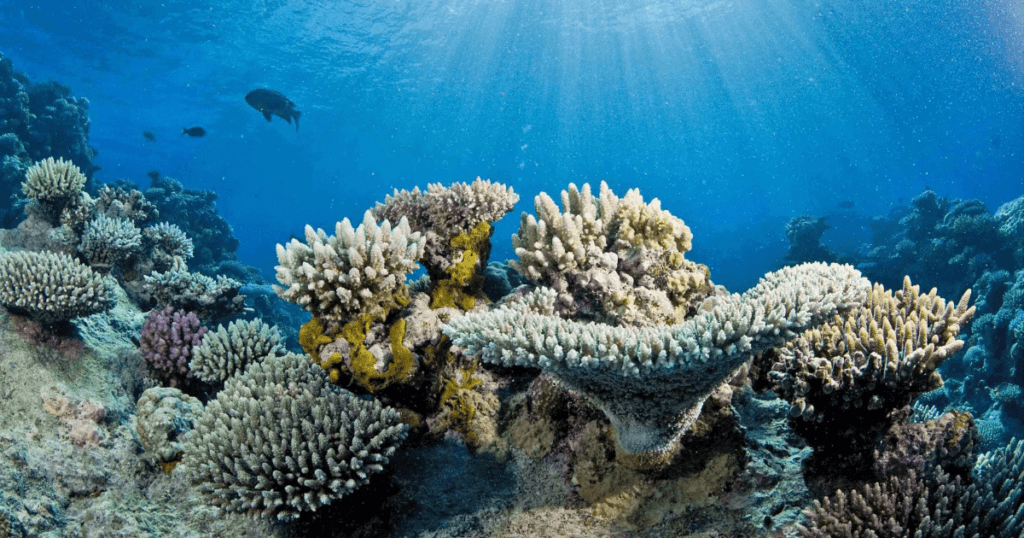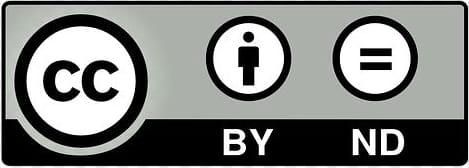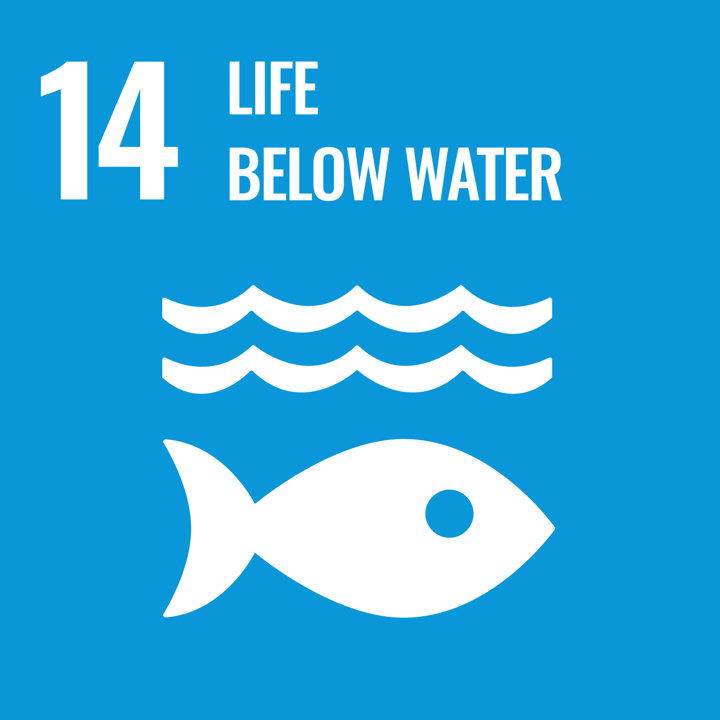
Utilizador final previsto: Professor
Grupo etário: Secundário inferior; Secundário superior
Currículo escolar: Ciências; Ciências sociais, sociais e ambientais
Temas e tópicos: Environmental Change; Futures Thinking; Information & Knowledge
Duração: 4 levels, each 30 – 60 minutes
Tipo de recurso: Game, Audio/Video, Lesson Plans, Online Course
Palavras-chave: Scientific/Climate Literacy, Coral Reefs, Climate Change, Ocean Temperature, Data Analysis
Línguas: Inglês
Descrição
Coral reefs are one of the most diverse ecosystems on the planet. Found throughout tropical regions, they support an estimated 500 million people (one in every 15 people) in terms of food, livelihoods and other benefits.1 Even though coral reefs face numerous threats, rising temperatures associated with climate change is one of the greatest. In this module, students will use real data to investigate the consequences of rising ocean surface temperature on coral reefs. They will also consider the importance of coral reefs in their own lives.
Through the lessons in this module, designed for grades 6-12, students are guided through the use of National Oceanic and Atmospheric Administration (NOAA) data (ocean surface temperature, coral bleaching hotspots, and accumulated heat stress) to understand how scientists monitor coral bleaching events in order to determine what is happening to the health of coral reefs in the world’s oceans. The module offers lessons at five different levels, beginning with basic graph interpretation (Levels 1 & 2) and building towards activities that challenge students to ask questions and develop their own data investigations (Levels 4 & 5).
Como utilizar este recurso
Teachers can use this resource to engage students in real-world scientific investigation by analyzing NOAA data on ocean temperatures and coral bleaching. The module offers five levels of activities, from basic graph interpretation to independent data analysis, allowing differentiation based on student ability. Through guided inquiry, students explore the ecological and human significance of coral reefs, develop data literacy skills, and critically assess climate change impacts. Teachers can integrate these lessons into science, geography, or environmental studies curricula, fostering hands-on learning and real-world problem-solving while encouraging students to consider their own connection to marine ecosystems.
Os recursos
The resources and tools can be found here:
Resultados da aprendizagem
- Obter conhecimentos prévios e aprofundar o conhecimento e a compreensão dos conceitos-chave da Cidadania para a Sustentabilidade, desafiando as visões do mundo e os valores estabelecidos.
- Aplicar uma série de ferramentas e quadros adequados para promover a Cidadania para a Sustentabilidade dos estudantes
- Refletir sobre a prática e examinar os programas curriculares nacionais para identificar oportunidades de promover a Cidadania para a Sustentabilidade de forma interdisciplinar e envolver as partes interessadas externas.
- Sintetizar de forma colaborativa os conhecimentos, as ferramentas e os quadros para criar materiais didácticos e planos de aulas adaptados ao seu próprio contexto local
- Desenvolver e aplicar critérios de avaliação para avaliar a Cidadania para a Sustentabilidade nos alunos.
Competências verdes
- Incorporar valores sustentáveis: Valorização da sustentabilidade; promoção da natureza
- Abraçar a complexidade na sustentabilidade: Pensamento sistémico; Pensamento crítico; Enquadramento de problemas
- Perspectivas de futuros sustentáveis: Literacia do futuro; Adaptabilidade; Pensamento exploratório
- Agir em prol da sustentabilidade: Ação colectiva
Creative Commons

This curriculum module was originally developed for the NOAA Ocean Data Education (NODE) Project. This 4th edition (2024) was completed under contract by Amy Dean. Data in the Classroom is a collaboration of many NOAA programs and offices including: National Environmental Satellite, Data, and Information Service (NDIS), National tuarine Research Reserve System, National Oceanographic Data Center and the Office of National Marine
Sanctuaries.
Permission is hereby granted for the reproduction of these lessons without alteration and on the condition that the acknowledgment above is cited.
ODS


